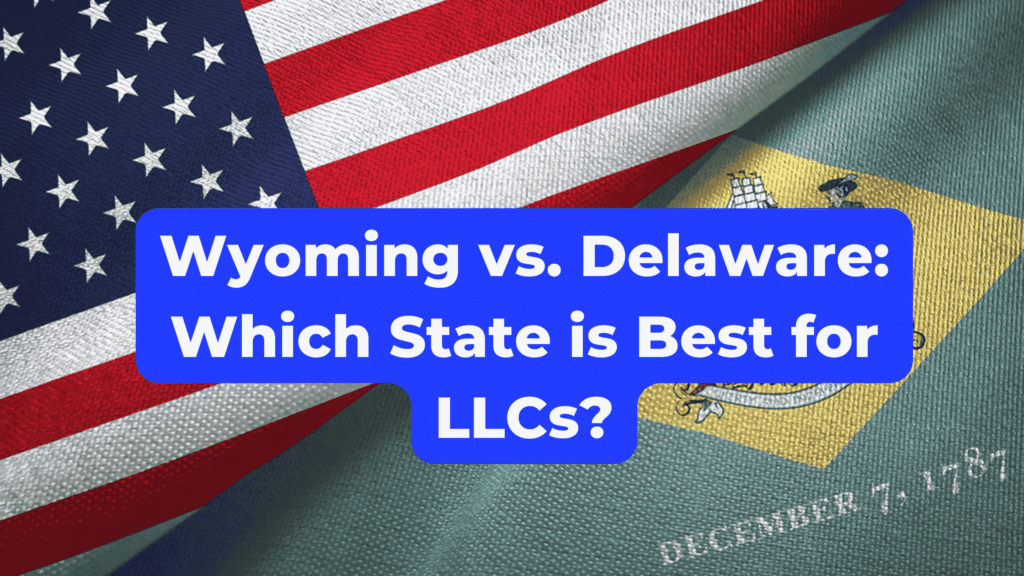Elon Musk’s recent decisions to relocate both Tesla and Neuralink from Delaware have brought attention to the challenges of corporate relocations and the growing appeal of more business-friendly states. If you’re a business owner facing similar questions about where to establish your company’s legal base, Clemta can guide you through the often confusing legal processes.
Delaware’s Grip Loosens
Delaware has been a popular choice for businesses to incorporate due to its clear corporate laws, experienced Chancery Court, and reputation for stability. However, with recent high-profile cases, such as the one involving Elon Musk’s compensation package for Tesla, some companies are starting to doubt whether Delaware’s corporate-friendly environment is worth the potential risks. They are beginning to reconsider whether the established benefits outweigh the new pitfalls.
The Rise of Alternatives
States like Texas and Nevada are becoming increasingly attractive to entrepreneurs like Elon Musk due to their less restrictive corporate environments, favorable tax policies, and growing appeal. If you’re feeling burdened by excessive regulations, stifled by bureaucracy, or looking for new financial opportunities, considering a move to one of these states might be the solution to unlocking further growth.
Making the Switch: The Legal Hurdles
While the benefits of relocating can be attractive, the process itself is a legal labyrinth. Changing your company’s state of incorporation involves precise legal paperwork, careful coordination, and meticulous execution of key steps:
-
Comprehensive Analysis:
Thoroughly evaluate your business goals, corporate structure, and industry-specific regulations before committing to a relocation.
-
Strategic Selection:
Consider factors like your target market, potential tax implications, and regulatory requirements when determining your new state of incorporation.
-
Legal Requirements:
Navigate the intricate corporate registration processes, including filings, dissolutions, and obtaining necessary certificates in compliance with your current and desired state’s laws.
Clemta: Your Legal Partner for Smooth Relocation
At Clemta, we understand the intricate legal challenges of moving your company to a new state. Don’t be overwhelmed by the legal complexities – let our experts streamline the process. We provide:
- Tailored Consultations: Individualized analysis to ensure an informed decision that aligns with your business objectives.
- Legal Expertise: A team specializing in corporate relocation to handle the nuanced legal processes meticulously.
- Continued Optimization: Ongoing guidance for navigating the ongoing legal requirements and seizing the opportunities of your new corporate home.
Conclusion
The business landscape is ever-evolving, and Elon Musk’s moves serve as a potent reminder to constantly evaluate your company’s best interests. If Delaware no longer meets your needs, a change may be just what you need to fuel new growth, increase cost efficiencies, and achieve greater operational freedom.
Clemta empowers you to manage the legal side of your company’s future confidently. Connect with us today to learn how we can facilitate this strategic shift for your business success.
For more information about moving your company reach us here. ?







